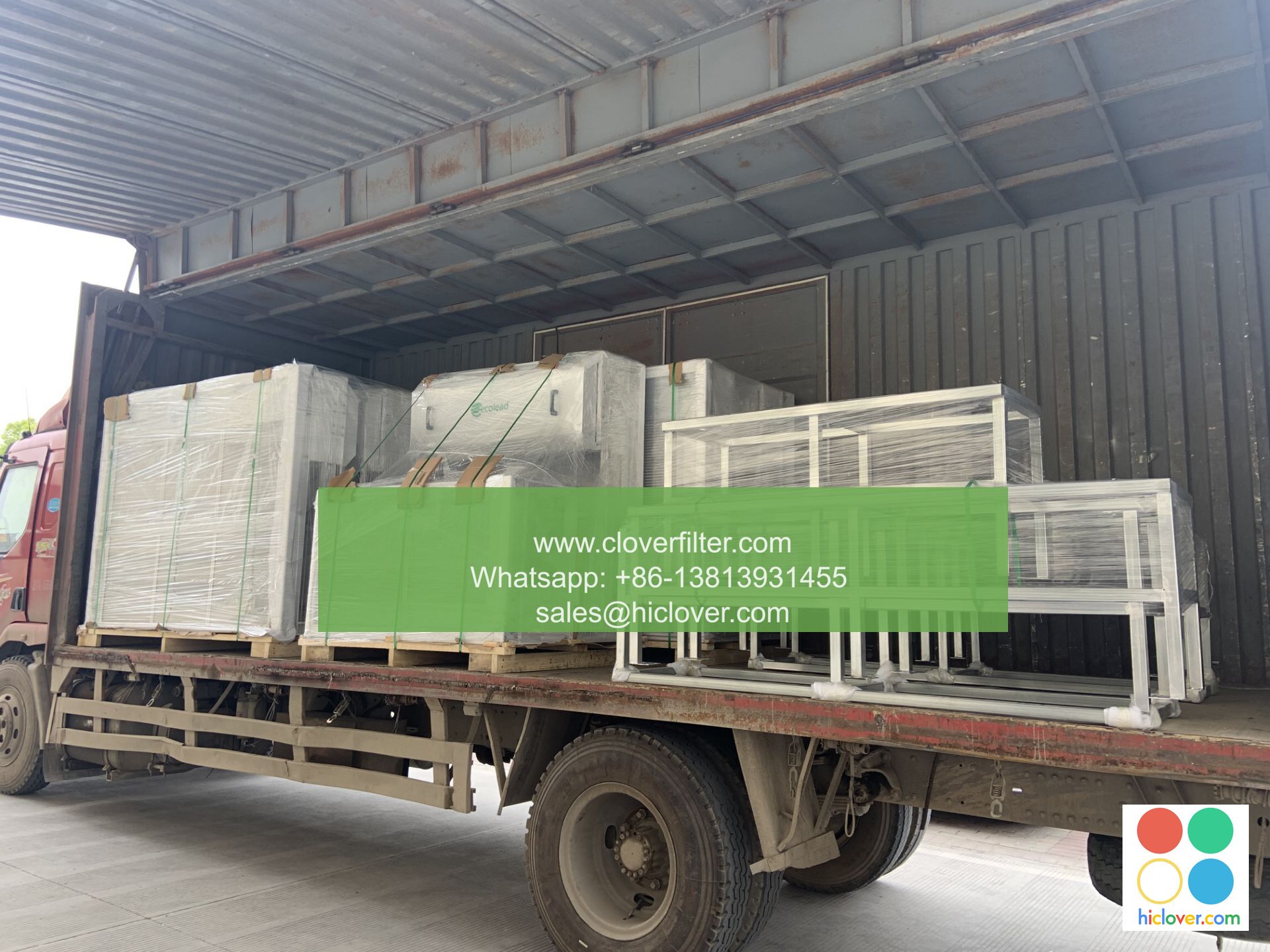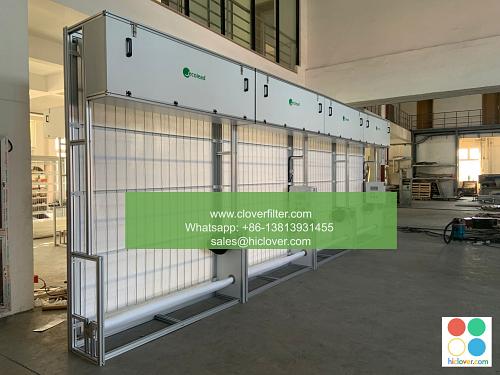The Importance of Air Filters in Government Buildings

Air filtration systems play a crucial role in maintaining indoor air quality in government buildings, ensuring a healthy and productive environment for employees, visitors, and the general public. The use of high-quality air filters is essential in these facilities to prevent the spread of airborne diseases, reduce allergens and pollutants, and promote energy efficiency.
Application Areas
Air filters are used in various application areas within government buildings, including:
* Heating, Ventilation, and Air Conditioning (HVAC) systems: to filter out dust, pollen, and other pollutants from the air, improving indoor air quality and reducing the risk of respiratory problems.
* Server rooms and data centers: to prevent dust and debris from damaging sensitive equipment and ensuring reliable operation of critical systems.
* Medical facilities and laboratories: to maintain sterile environments and prevent the spread of airborne pathogens, ensuring the safety of patients and staff.
* Public areas and meeting rooms: to improve air quality and comfort for visitors and employees, promoting productivity and well-being.
Benefits of Air Filters in Government Buildings
The use of air filters in government buildings offers several benefits, including:
* Improved indoor air quality: reducing the risk of respiratory problems and promoting a healthy environment for employees and visitors.
* Increased energy efficiency: reducing the energy required to heat, cool, and ventilate buildings, resulting in cost savings and reduced environmental impact.
* Extended equipment life: preventing dust and debris from damaging sensitive equipment, reducing maintenance costs and downtime.
* Enhanced productivity and comfort: promoting a healthy and comfortable environment for employees and visitors, resulting in increased productivity and job satisfaction.
Types of Air Filters Used in Government Buildings
Various types of air filters are used in government buildings, including:
* HEPA (High Efficiency Particulate Air) filters: capturing 99.97% of particles as small as 0.3 microns, including dust, pollen, and other allergens.
* Activated carbon filters: removing odors, gases, and volatile organic compounds (VOCs) from the air, improving indoor air quality.
* Pleated filters: offering high filtration efficiency and low pressure drop, making them suitable for use in HVAC systems.
* Ultraviolet (UV) light filters: using UV light to kill bacteria, viruses, and other microorganisms, preventing the spread of airborne diseases.
Conclusion
In conclusion, air filters play a vital role in maintaining indoor air quality in government buildings, promoting a healthy and productive environment for employees, visitors, and the general public. By understanding the importance of air filters and selecting the right type of filter for specific application areas, government facilities can ensure energy efficiency, extended equipment life, and enhanced productivity and comfort. It seems like you haven’t asked a question or provided any context for me to respond to. Could you please provide more information or ask a specific question so I can assist you better?

